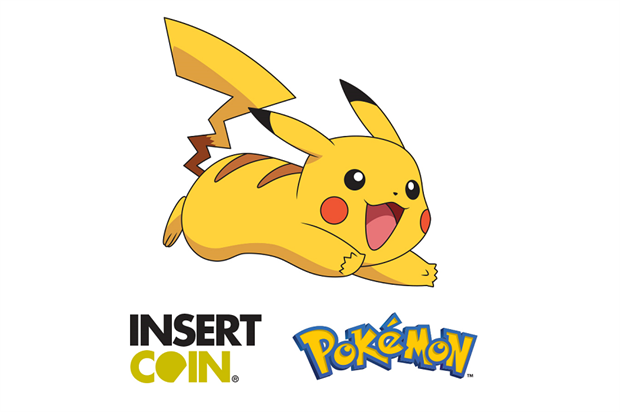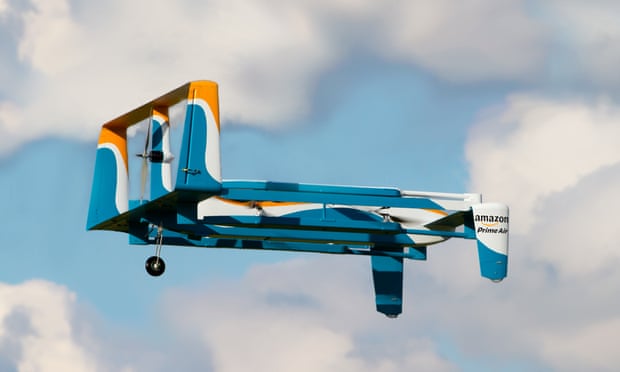Sainsbury's
recently announced it would offer same-day delivery of groceries ordered by noon. This is one of the ways the supermarket giant is battling aggressive competition from Amazon and no-frills discounters like Aldi. Sainsbury's is also
proceeding with its acquisition of
Argos, which itself offers same-day delivery or collection of toys and other products.
Amazon is offering
same-day grocery delivery in London (in partnership with Morrisons for certain private brands). Whether delivered by drone in the future, as shown above, or not,
Amazon Fresh promises Prime members that orders placed before the cutoff time will be at the customer's door by evening.
Rivals Aldi and Lidl are
feeling the challenge of Brexit's impact on currency fluctuations. Because both Aldi and Lidl source many products from EU suppliers, the UK stores have to deal with higher costs when the pound sterling is low--and higher costs cut into already thin profit margins. For Sainsbury's and other UK-based retailers, however, this may present an opportunity to press price war advantages.
Meanwhile, speedy delivery is a niche being explored by startups such as
Convibo, which offers
one-hour delivery of grocery orders from London retailers such as Whole Foods and Waitrose. How much demand exists for one-hour delivery, compared with same-day delivery, is unclear--but this startup is a good example of
distribution in general and
service in particular as key points of differentiation.







